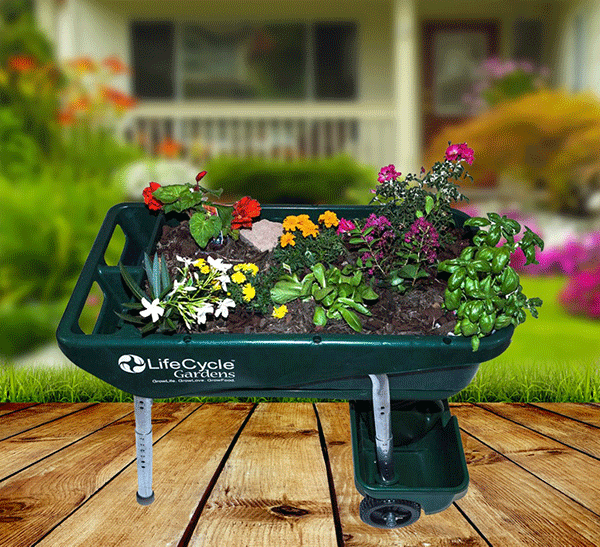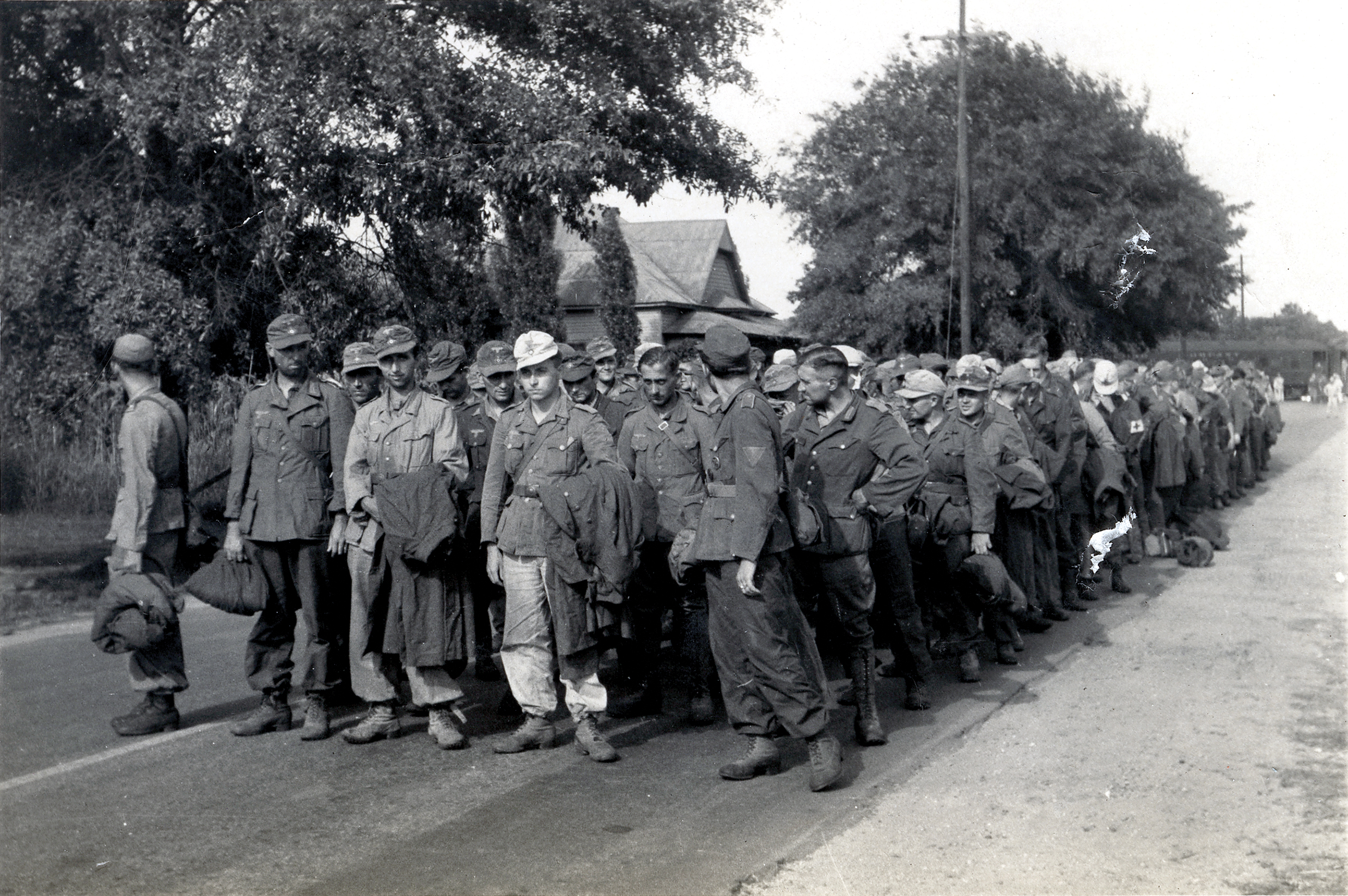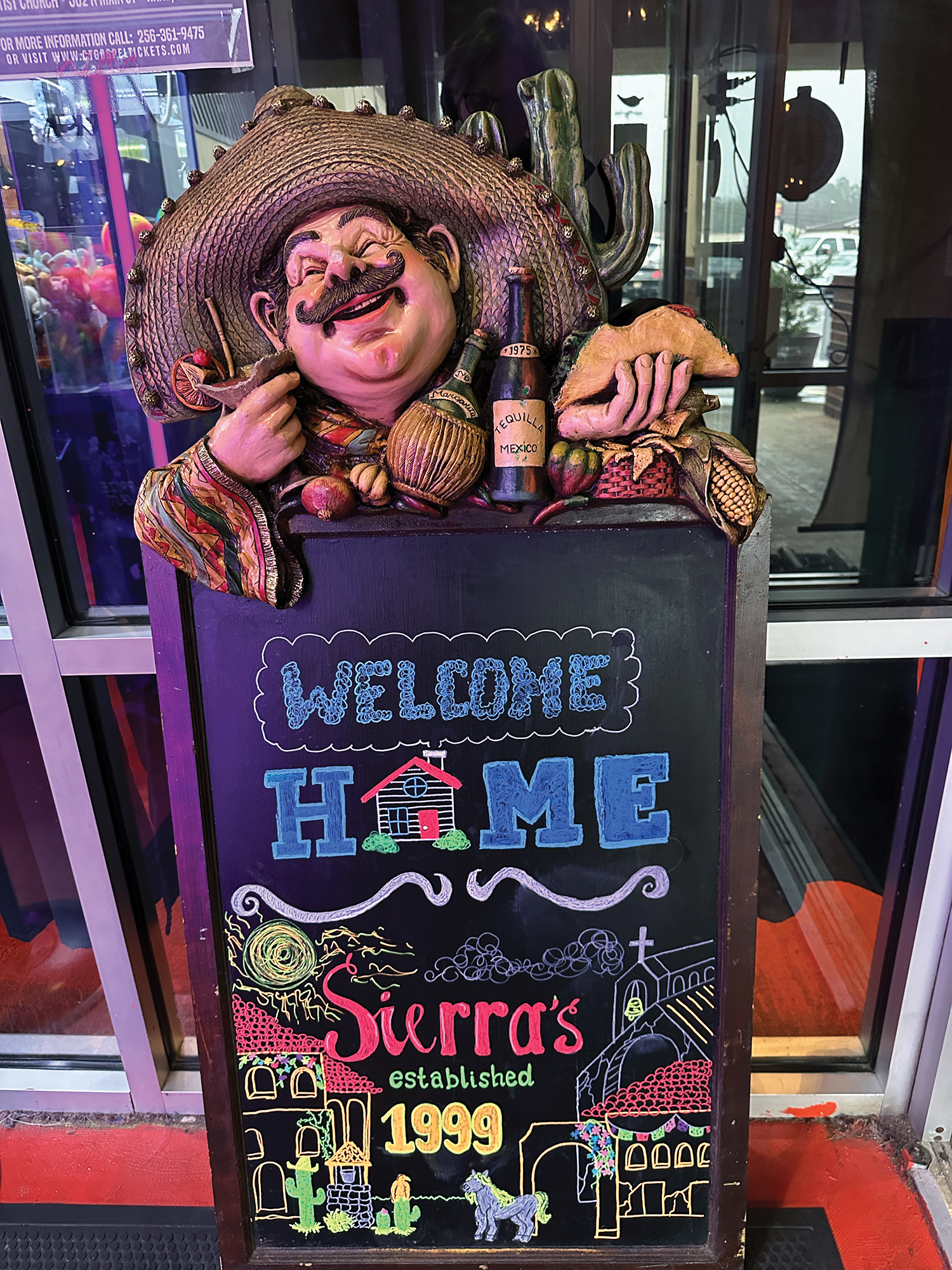
By Katie Jackson
Once upon a time I could work in my yard for hours and, while I might get sweaty and be sore the next day (or two or three), the physical effort was relatively easy and always improved my outlook on life.
These days, now that I have reached the age of 50-plus, many gardening tasks seem harder to perform and can leave me hurting more, and for longer periods of time, than in my younger days. Truth is, I am not as young as I used to be and I am beginning to realize that I may not always be able to garden at the level to which I have become accustomed.
And I am not alone in facing this reality. Change in our gardening lives is inevitable and can take many forms. For some folks, a life change of moving to an apartment, retirement or assisted living community or any place that has little or no yard may make it difficult to garden. For others, physical limitations brought about by aging or illness can make gardening harder.
Regardless of the gardening challenges we may face, though, there are ways to keep our hands and souls in the garden. It’s just a matter of modifying our approach and, luckily, there are lots of resources to help us adapt.
Resources are available to help
Among those resources are such organizations as AARP, the Arthritis Foundation and the Centers for Disease Control and Prevention. One resource that I particularly like is Thrive, a United Kingdom-based charity that focuses specifically on helping gardeners. It has a great website (www.carryongardening.org.uk/top-tips-for-disabled-gardeners.aspx) with detailed how-to information that can make gardening easier.
As is often the case, planning is vital for a user-friendly garden and the first step in making a plan is to evaluate the pros and cons of any available gardening space. If there is little or no room to garden outdoors, figure out where inside or on a patio or balcony plants might best grow and set up that area with tables or plant stands that are easy to access for watering and maintaining.
If the available gardening area is larger, but difficult to navigate or manage, identify areas that are the hardest to maintain and figure out strategies to reduce their need for upkeep, such as decreasing the amount of lawn that needs to be mowed, making flower beds smaller and less labor-intensive or replacing high-maintenance plants with more easy-care species. Consider also developing paths or walkways that are easy to negotiate with a wheelchair or walker, installing ramps or handrails at steps or steep spots in the landscape, and adding extra seating in the garden area so you can take a rest or work from a seated position rather than having to stoop or kneel.
Once you have an idea of where to concentrate your gardening efforts with more ease, then it’s time to employ some planting strategies. For example, if limited space is the problem, one of the easiest solutions is to garden in containers. Pots, window boxes, hanging baskets or any other kind of plant-friendly container can be used indoors or out—in kitchens or on patios, for example—to grow everything from houseplants and other ornamentals to fruits, vegetables and herbs. Be sure to choose containers that are easy to move or place them where they are easy to access.
Raised beds are another great solution for space or physical limitations. These compact little growing spaces can be installed almost anywhere and can be customized to varying heights and widths so they are easy to access from a seated or standing position. And growing fruiting or flowering vines on trellises or adding an espaliered fruit or ornamental tree can also be a beautiful and functional addition to a user-friendly garden.
Not only can spaces be adapted to our needs, but so can tools. There is an entire market for what are known as “assistive” or “adaptive” garden tools, such as specially designed clippers, rakes, shovels and other hand tools and easier to maneuver garden carts and wheelbarrows. There is even a new item called Garden On Wheelz (www.lifecyclegardens.com/), which is a portable garden that can be used indoors or out for small-space gardening and to aid folks with physical limitations.
If you or a loved one are facing gardening challenges or simply want to make a garden easier to use, check out ideas online or in your local library. Your county extension office may also have information, and there are books that can help. Three of my favorites are Gardening for Seniors—Joyous Activities for Elderly Gardeners with Tips for Reduced Mobility by Andrea Kalli, Accessible Gardening by Joann Woy and Square Foot Gardening: A New Way to Garden in Less Space with Less Work by Mel Bartholomew, which offers ideas for small-space gardening for folks of all ages and abilities.
No matter our circumstances, it’s nice to remember that gardening does not have to be a struggle and can actually be a health benefit for us all. Not only is it good for the body—an hour of low-impact gardening can burn 150 calories and just 2 or 3 hours of gentle gardening each week can help reduce the aches and pains associated with arthritis and other physical problems—it is a great way to relieve stress and nurture the mind and soul.
April Tips
*Plant peas and Irish potatoes.
*Sow seeds for beans, corn, squash, melons and other summer vegetable crops.
*Begin to plant tomatoes, peppers and eggplants once the threat of a hard freeze has passed.
*Plant strawberries, blueberries, raspberries and blackberries.
*Fertilize warm-season lawns and plant new lawns.
*Plant summer annual flowers and summer-blooming bulbs.
*Prune spring-flowering shrubs such as spirea, flowering quince, azalea, jasmine and forsythia after they have bloomed.
*Move houseplants outside and clean dust from the leaves of indoor plants.
*Plant container-grown roses and keep an eye out for insect and disease problems on all roses.
*Assess any winter damage on trees and shrubs and decide if any need to be replaced or pruned.
*Visit farmers markets, many of which will reopen this month for the spring and summer season.





